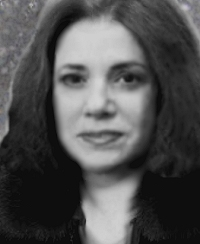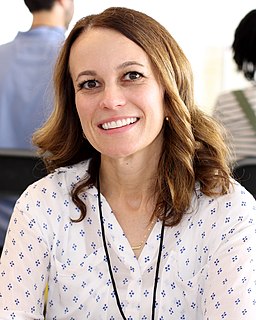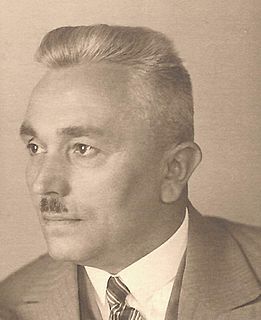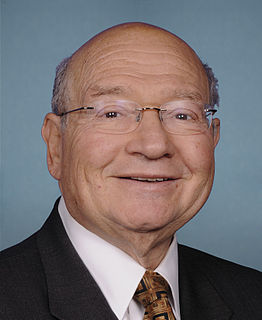A Quote by Barbara Grizzuti Harrison
The most painful moral struggles are not those between good and evil, but between the good and the lesser good.
Related Quotes
When you say there's too much evil in this world you assume there's good. When you assume there's good, you assume there's such a thing as a moral law on the basis of which to differentiate between good and evil. But if you assume a moral law, you must posit a moral Law Giver, but that's Who you're trying to disprove and not prove. Because if there's no moral Law Giver, there's no moral law. If there's no moral law, there's no good. If there's no good, there's no evil. What is your question?
Natural good is' so intimately connected with moral good, and natural evil with moral evil, that I am as certain as if I heard a voice from heaven proclaim it, that God is on the side of virtue. He has learnt much, and has not lived in vain, who has practically discovered that most strict and necessary connection, that does and will ever exist between vice and misery, and virtue and happiness.
In this world, there is no absolute good, no absolute evil," the man said. "Good and evil are not fixed, stable entities, but are continually trading places. A good may be transformed into an evil in the next second. And vice versa. Such was the way of the world that Dostoevsky depicted in The Brothers Karamazov. The most important thing is to maintain the balance between the constantly moving good and evil. If you lean too much in either direction, it becomes difficult to maintain actual morals. Indeed, balance itself is the good.
When I say "The good man gave his good dog a good meal," I use "good" analogically, for there is at the same time a similarity and a difference between a good man, a good dog, and a good meal. All three are desirable, but a good man is wise and moral, a good dog is tame and affectionate, and a good meal is tasty and nourishing. But a good man is not tasty and nourishing, except to a cannibal; a good dog is not wise and moral, except in cartoons, and a good meal is not tame and affectionate, unless it's alive as you eat it.
You can compromise between good, better, and best, and you can compromise between bad and worse and terrible. But you can't compromise between good and evil. And now people look at the other side as a completely different kind of animal and say, 'They are taking the country down the road to purgatory.' It's complete intolerance.
You can compromise between good, better, and best, and you can compromise between bad and worse and terrible. But you can’t compromise between good and evil. And now people look at the other side as a completely different kind of animal and say, “They are taking the country down the road to purgatory.” It’s complete intolerance.
Fantasy is a literature particularly useful for embodying and examining the real difference between good and evil. In an America where our reality may seem degraded to posturing patriotism and self-righteous brutality, imaginative literature continues to question what heroism is, to examine the roots of power, and to offer moral alternatives. Imagination is the instrument of ethics. There are many metaphors besides battle, many choices besides war, and most ways of doing good do not, in fact, involve killing anybody. Fanstasy is good at thinking about those other ways.
Of all the human evils, of which we have thousands of years of record and our own contemporary experiences, the most horrible evil of all is hypocrisy. It's this idea that there are those who do bad and there are those who do good, when, in fact, even the people who supposedly do good are saying they do good to mask the fact that they do evil.




































